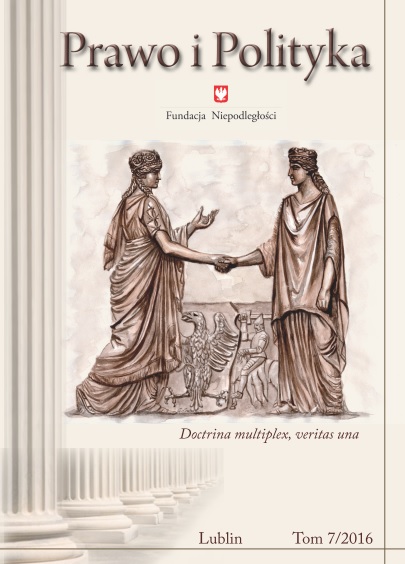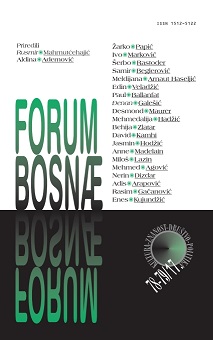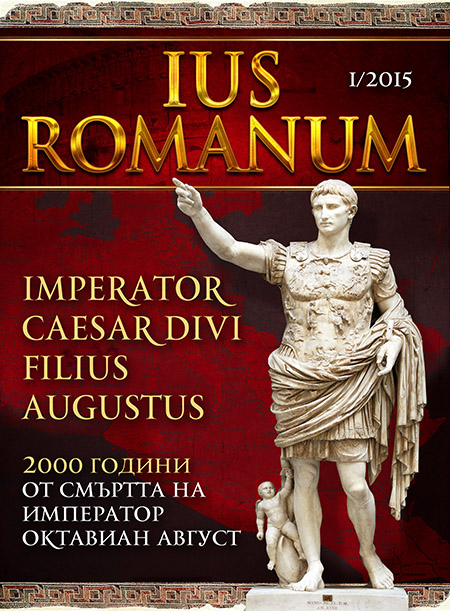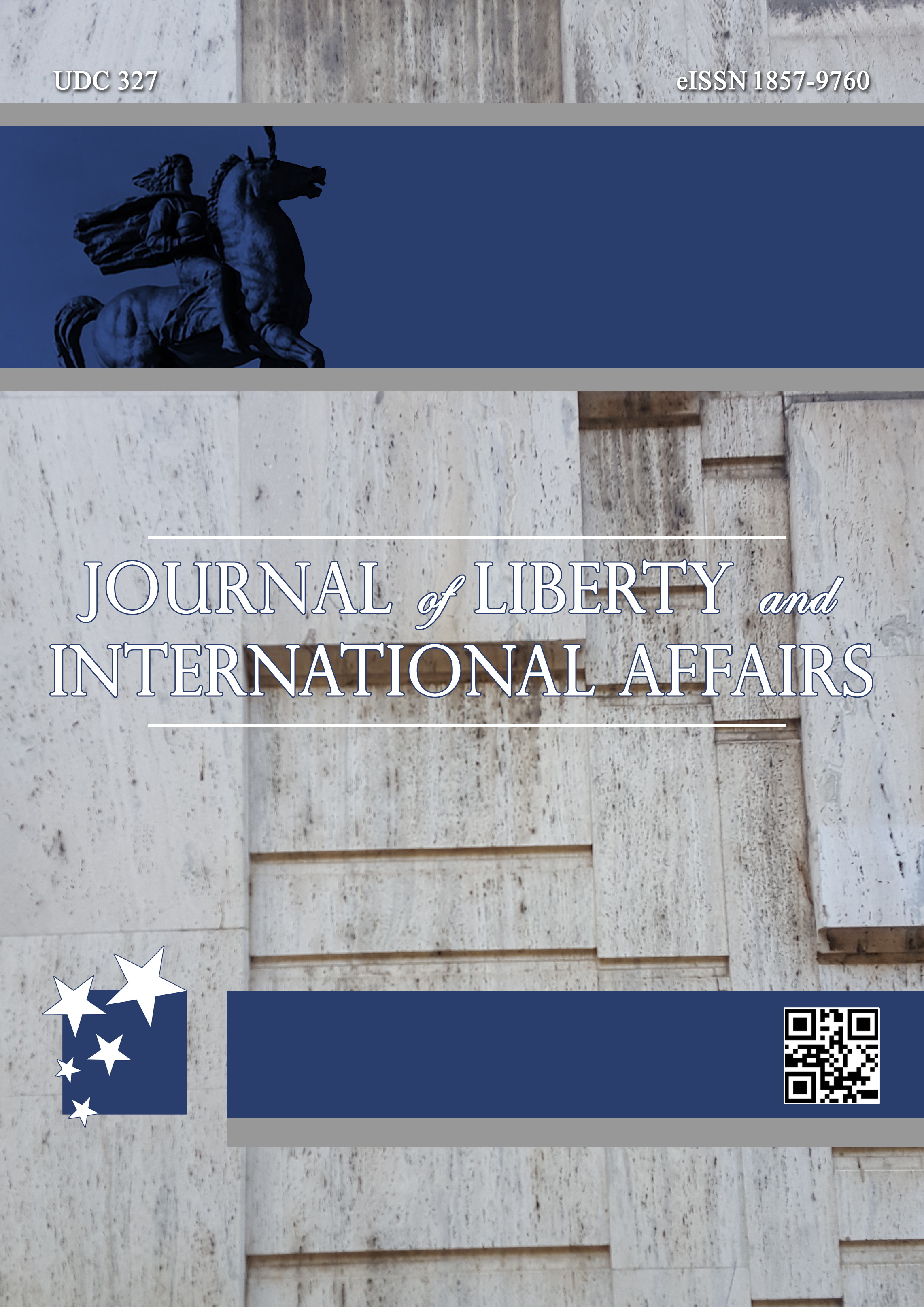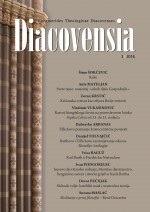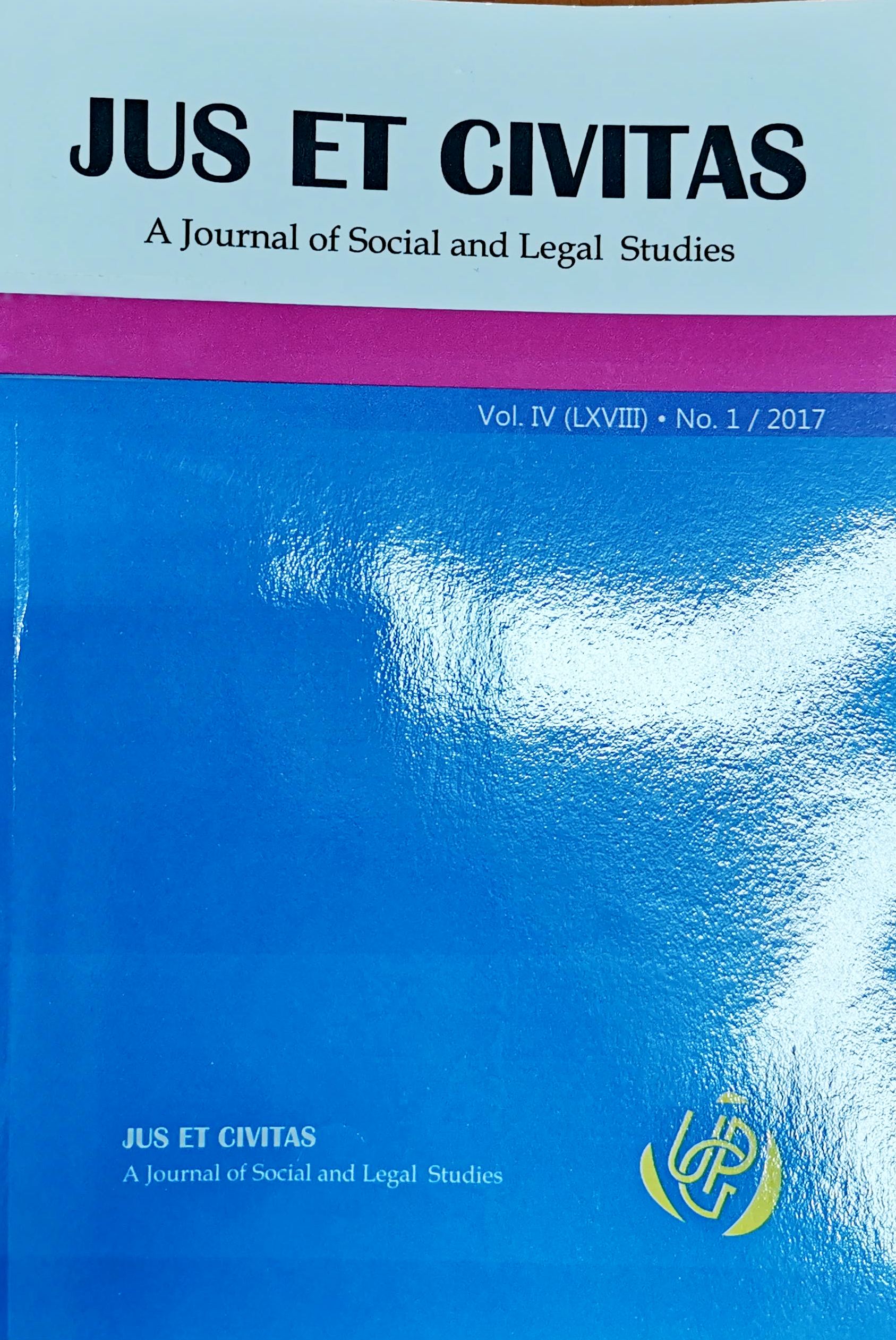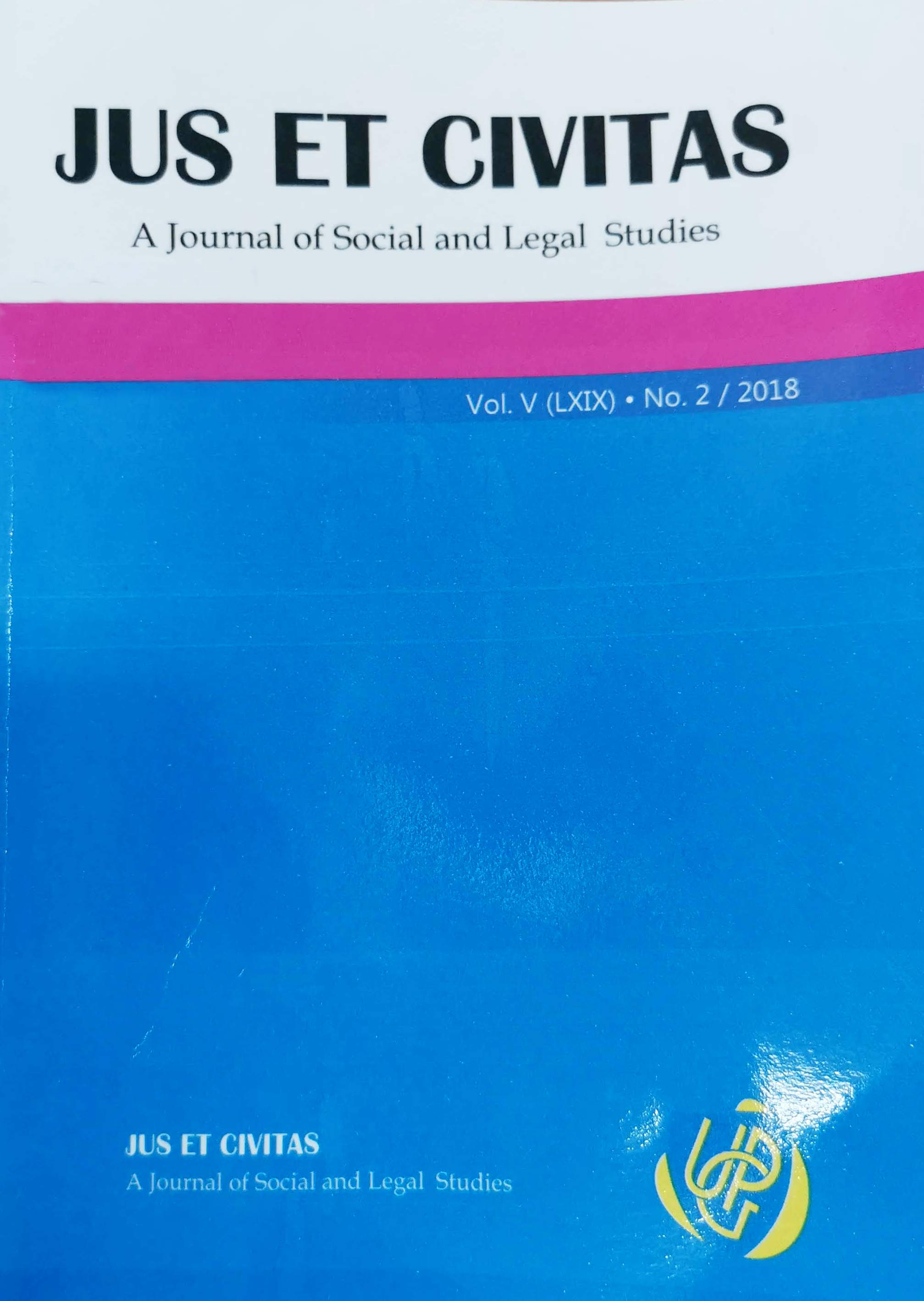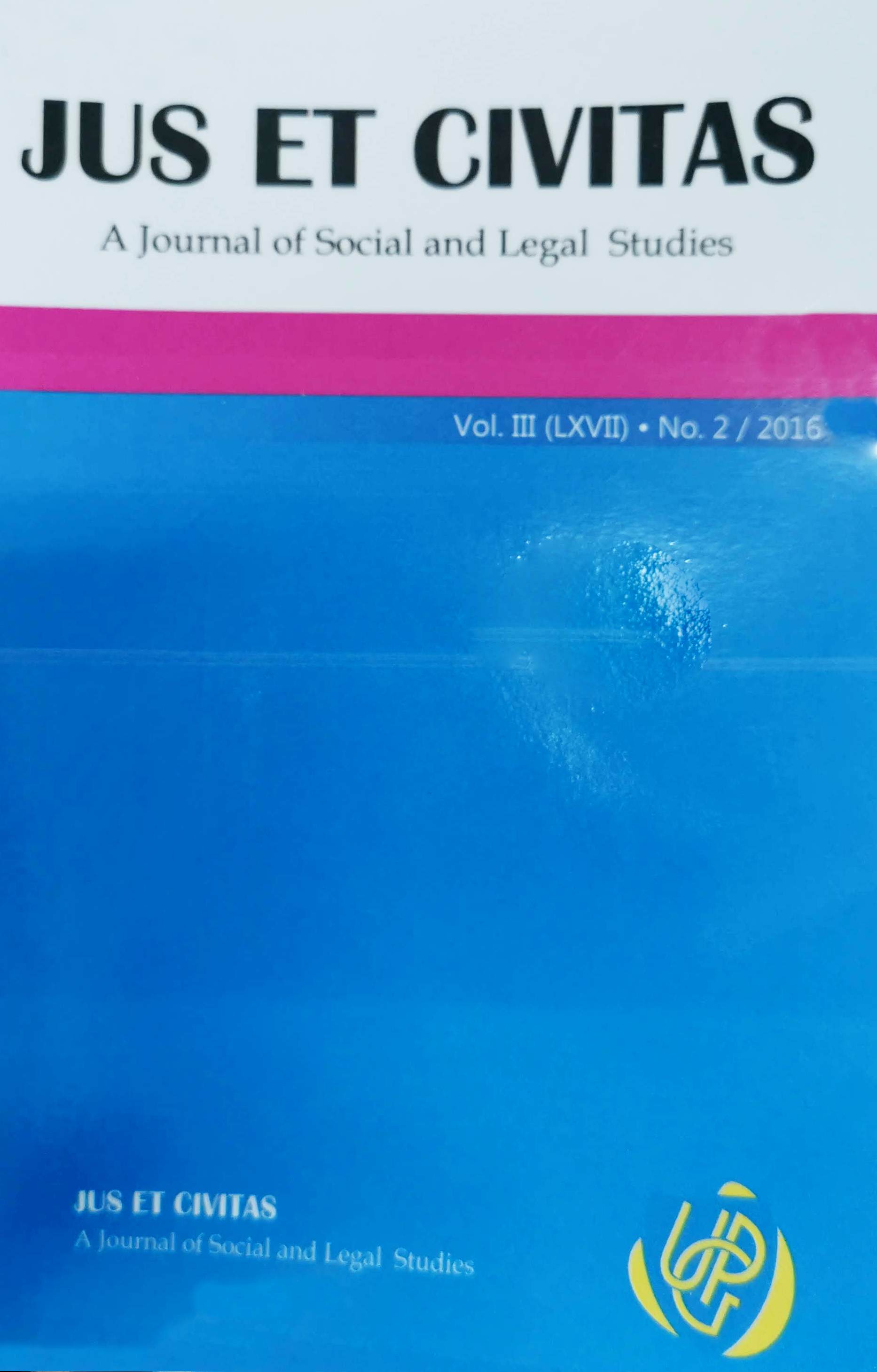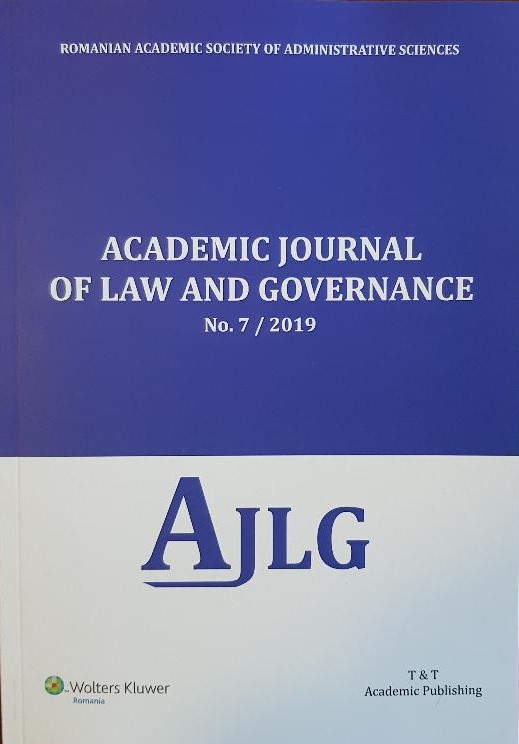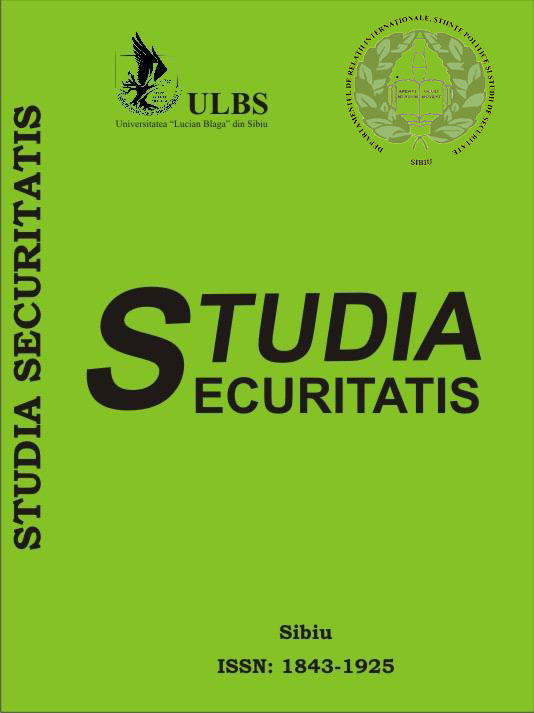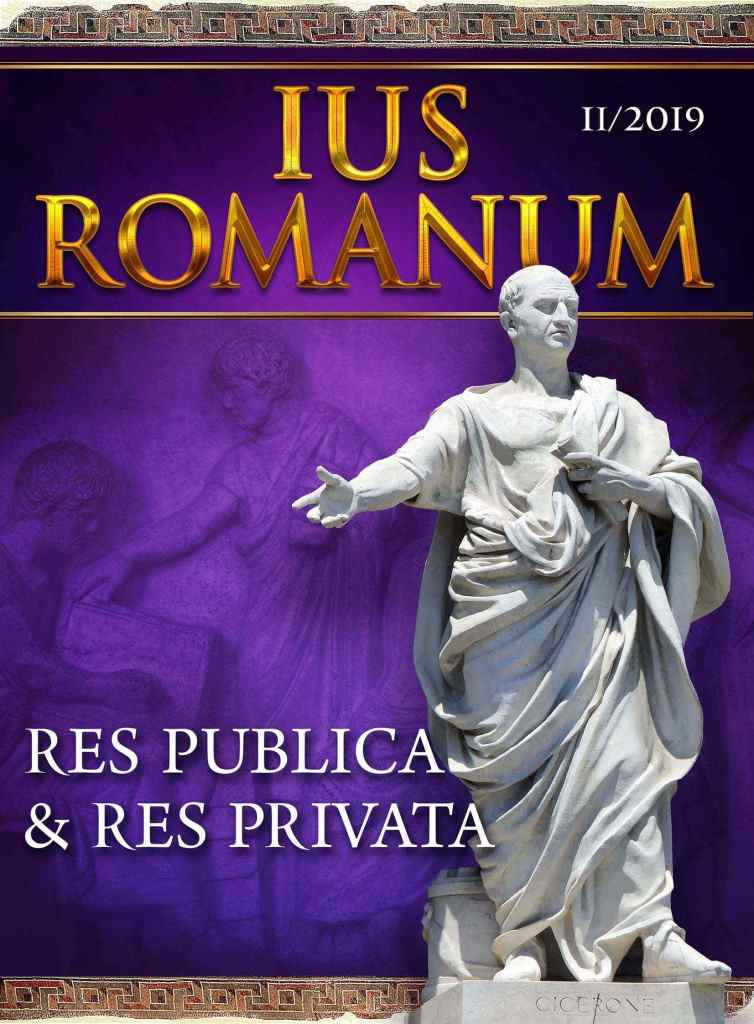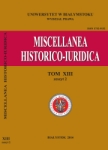
Instytucja związków partnerskich w świetle przepisów Konstytucji z 1997 roku
The article presents the problem of conformity of civil partnership, i.e. the legally recognized relation of two adults other than marriage, with the selected rules of the Polish Constitution of 1997. The initial analysis concerns the conformity with Article 1 (the Republic of Poland as the common good of all its citizens), Article 2 (the principle of a democratic state ruled by law), Article 25 Section 2 (the principle of impartiality of the public authorities) and Article 32 (the principle of equality before the law and prohibition of discrimination). A particularly important problem is the conformity of civil partnership legalization with Article 18, enforcing the state to protect marriage, family and parenthood. The conformity of civil partnership with Article 31 Section 3, dealing with the possible limitations of constitutional freedoms and rights of the citizens is also discussed. In the final part of the article, the author presents assumptions concerning the possible legal regulations of civil partnership. In his opinion, there are no constitutional or legal obstacles to creating legally recognized civil partnerships in Poland, although the partners should have such rights which are presently available to couples living in informal unions, according to the rules of civil law.
More...
